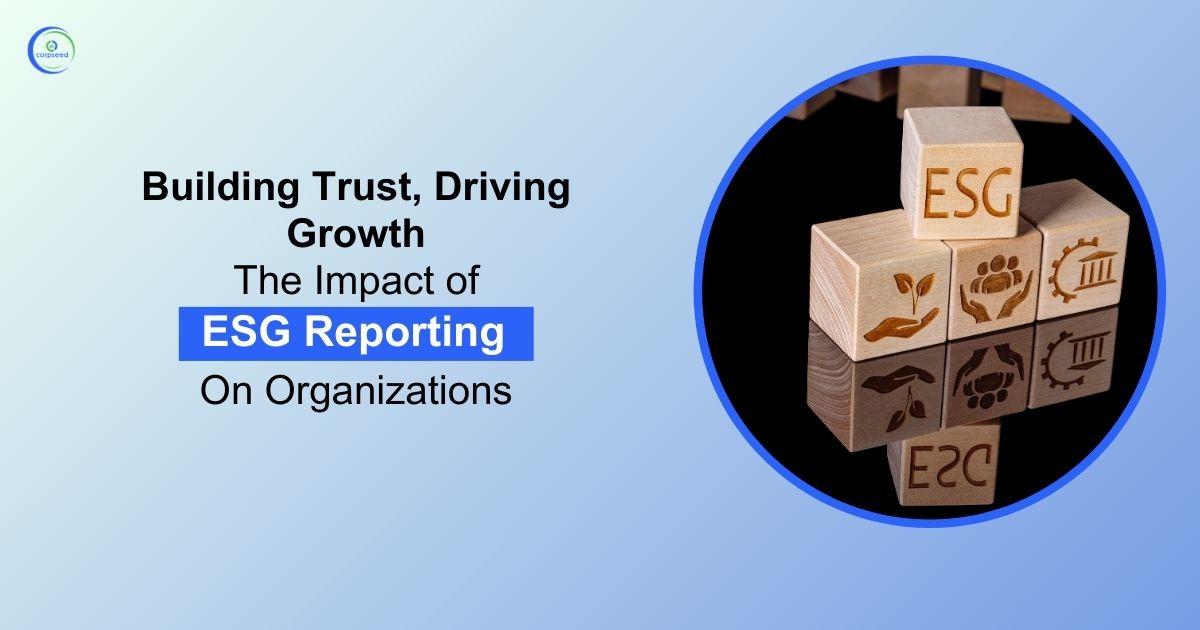In today's global landscape, environmental, social, and governance (ESG) factors play a pivotal role in shaping the reputation and success of organizations. ESG reporting has emerged as a critical tool for companies to demonstrate their commitment to sustainability, transparency, and responsible business practices. This article explores the profound impact of ESG reporting on organizations, highlighting its role in fostering trust, driving growth, and meeting regulatory requirements.
Introduction to ESG Reporting
ESG reporting refers to the process of disclosing an organization's performance on environmental, social, and governance metrics. These reports provide stakeholders, including investors, customers, employees, and communities, with valuable insights into how a company manages its impact on society and the environment. ESG reporting typically covers a wide range of topics, including carbon emissions, diversity and inclusion, labor practices, board diversity, ethical business conduct, and more.
Impact of ESG Reporting on Organizations
- Improved Risk Management: ESG reporting helps organizations identify and mitigate environmental, social, and governance risks, reducing potential financial losses.
- Enhanced Reputation: Transparent ESG reporting enhances a company's reputation, demonstrating its commitment to responsible business practices.
- Access to Capital: Many investors now consider ESG factors when making investment decisions, leading to increased access to capital for organizations with strong ESG performance.
- Competitive Advantage: Organizations that prioritize ESG reporting can gain a competitive edge by attracting socially conscious consumers and investors.
- Long-Term Value Creation: By integrating ESG considerations into their operations, organizations can create long-term value for both shareholders and society.
Leveraging ESG Reporting for Sustainable Growth
- Setting Clear Goals: Organizations can use ESG reporting to set measurable targets and goals related to sustainability, driving continuous improvement.
- Stakeholder Engagement: ESG reporting encourages dialogue and engagement with stakeholders, fostering trust and collaboration.
- Innovation and Efficiency: ESG reporting prompts organizations to innovate and adopt more sustainable practices, leading to cost savings and operational efficiency.
- Supply Chain Management: ESG reporting enables organizations to assess and improve the sustainability performance of their supply chains, reducing risks and enhancing resilience.
How ESG Reporting Builds Trust Among Stakeholders
Trust is a cornerstone of successful business relationships, and ESG reporting plays a vital role in earning and maintaining stakeholder trust. By openly disclosing ESG performance data, organizations demonstrate their commitment to transparency, integrity, and accountability. This transparency fosters trust among investors, who seek assurance that companies are effectively managing environmental and social risks. Likewise, customers and employees are increasingly drawn to companies with strong ESG credentials, viewing them as ethical and responsible partners.
Regulatory Requirements Around ESG Reporting
- Growing Mandates: Governments and regulatory bodies worldwide are increasingly implementing mandatory ESG reporting requirements to promote transparency and sustainability.
- Standardization Efforts: Various initiatives are underway to standardize ESG reporting frameworks, such as the Global Reporting Initiative (GRI) and the Task Force on Climate-related Financial Disclosures (TCFD).
- Compliance Challenges: Organizations may face challenges in complying with evolving ESG reporting regulations, including data collection, measurement, and verification.
Conclusion
In conclusion, ESG reporting is no longer just a corporate responsibility; it is a strategic imperative for organizations seeking to build trust, drive growth, and navigate an increasingly complex business environment. By embracing ESG principles and integrating them into their business strategies, companies can create long-term value for shareholders, stakeholders, and society as a whole. As regulatory scrutiny intensifies and stakeholder expectations evolve, proactive engagement with ESG issues will be essential for organizations looking to thrive in the 21st century.


No comments yet